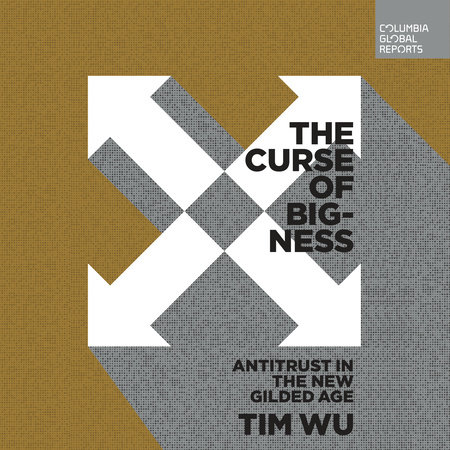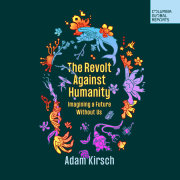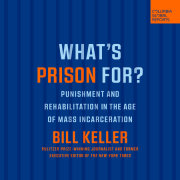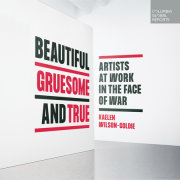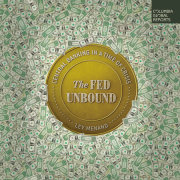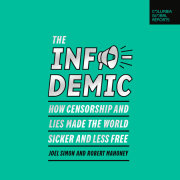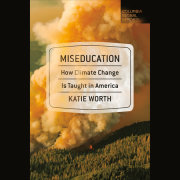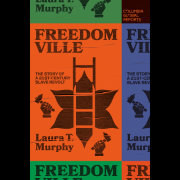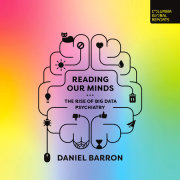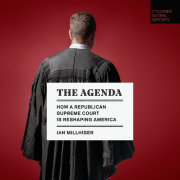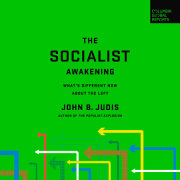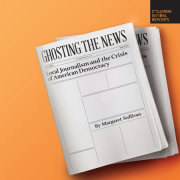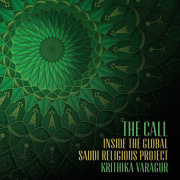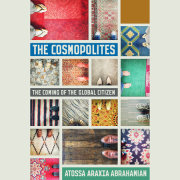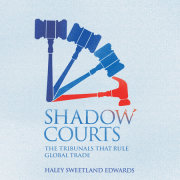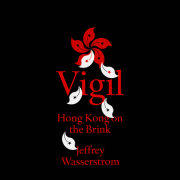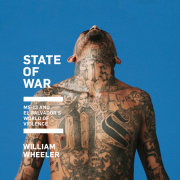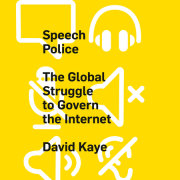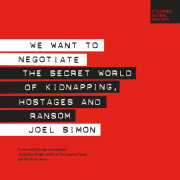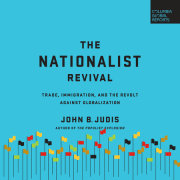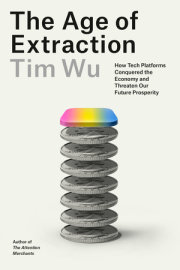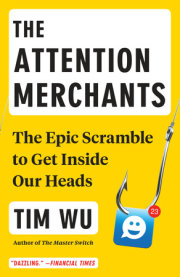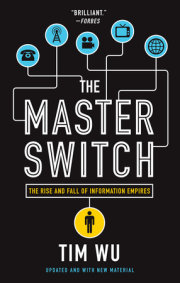TIM WU is an author, policy advocate, and professor at Columbia University, best known for coining the term "net neutrality." In 2006,
Scientific American named him one of 50 leaders in science and technology; in 2007,
01238 magazine listed him as one of Harvard's 100 most influential graduates; in 2013,
National Law Journal included him in "America's 100 Most Influential Lawyers"; and in 2014 and 2015, he was named to the "Politico 50." He formerly wrote for
Slate, where he won the Lowell Thomas Gold medal for Travel Journalism, and is a contributing writer for
The New Yorker. In 2015, he was appointed to the Executive Staff of the Office of New York State Attorney General Eric Schneiderman as a senior enforcement counsel and special adviser.
TIM WU is available for select readings and lectures. To inquire about a possible appearance, please contact Penguin Random House Speakers Bureau at speakers@penguinrandomhouse.com or visit www.prhspeakers.com.
View titles by Tim Wu

